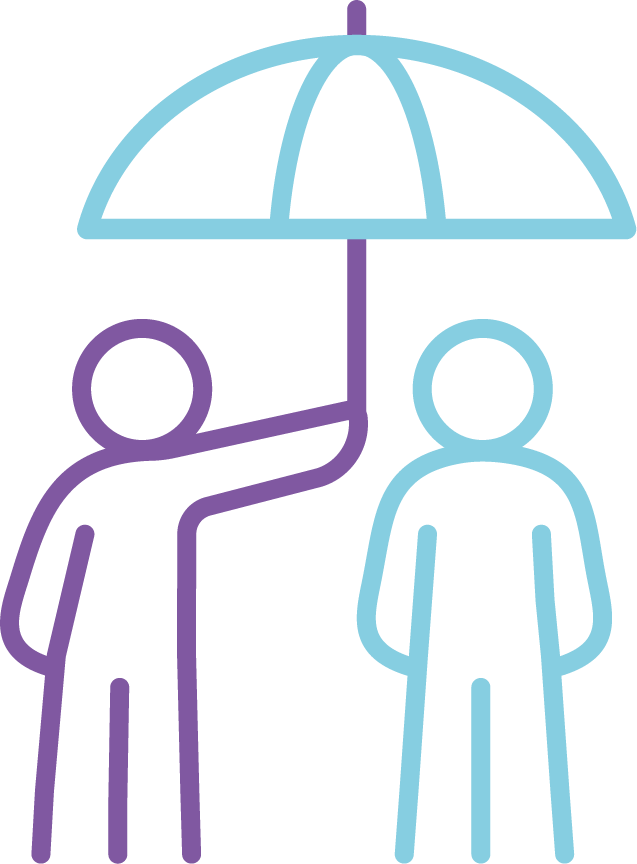How you might be feeling
Experiencing vehicle crime can affect you in different ways. Some signs that you’re not coping emotionally may include:
- general low mood, feeling sad or down
- not able to concentrate
- excessive fears or worries, or extreme feelings of guilt
- difficulty sleeping
- extreme mood changes of highs and lows
- withdrawal from friends and activities
- significant tiredness and low energy
- inability to cope with daily problems or stress
- trouble understanding and relating to situations or to people
- problems with alcohol or drug use
- dysfunctional eating habits
- excessive anger, hostility or violence
- self-harming or suicidal thinking
These are all normal feelings, and you can get support to help you to cope and find a way forward.





